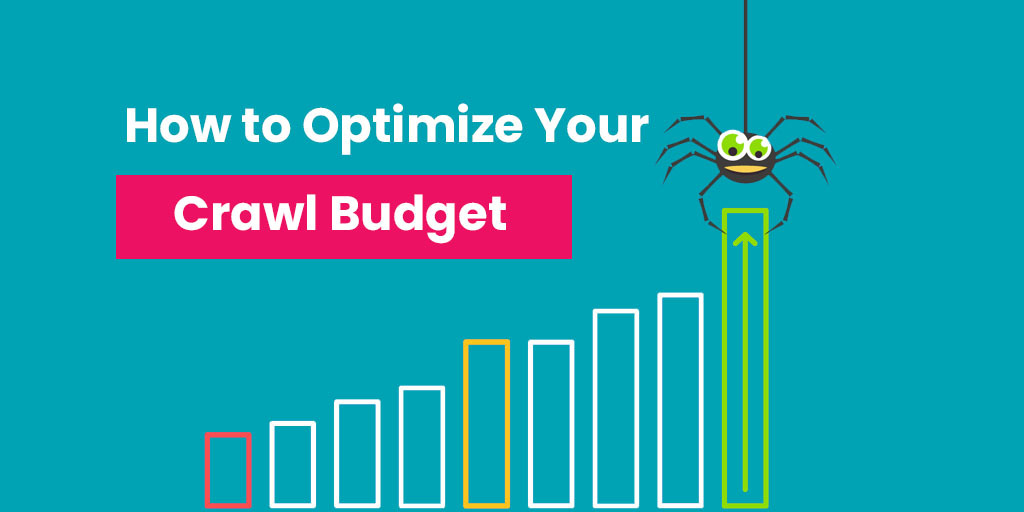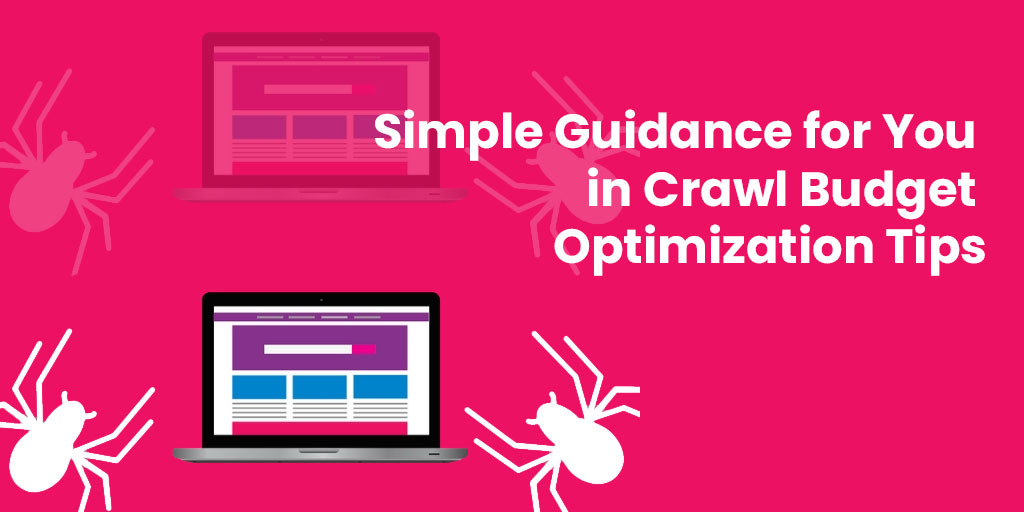As an SEO professional, I have certain things to share about the Crawl budget, so it must come as a surprise to no one that I enjoy these Crawl Budget Optimization Tips thoroughly, particularly on SEO platforms.
It is often thought that the Crawl budget is an important SEO concept that regularly gets overlooked. In simple terms, the Crawl budget is the frequency with which search engine crawlers i.e., spiders and bots go over the pages of your domain. Primarily that frequency is conceptualized as a tentative balance between Googlebot’s attempts to not overcrowd your server and Google’s overall desire to crawl your domain.
Everything to Know About Crawl Budget
We learned that Crawl budget optimization is just a series of steps that you can take particularly up to the rate at which search engines bots visit your pages. Thereby the more often they visit, the quicker it gets into the index that the relevant pages have been actively updated.
More similarly, your optimization efforts will take less time to take hold and begin affecting your rankings. So with that wording, it definitely sounds like the most crucial thing.
Why is Crawl Budget Optimization Avoided?
For this question, Google explains plainly, crawling by itself is not a ranking factor. So this alone is enough to stop certain SEO professionals from even thinking about the crawl budget. For many of us, it is not a ranking factor equated to not my problem. It is realized that for many websites of millions and millions of pages, crawl budget management makes absolute sense.
In case if you have a modest-sized domain, then you don’t have to actually concern yourself too much with the effect of the crawl budget. In fact added that if you have millions and millions of pages, you must consider cutting some content, which would be good for your domain in general.
Also, it understands that But, SEO is not at all a game of changing one big factor and achieving the results. SEO is a process of making small, incremental changes, wholly taking care of dozens of metrics. In a big way, it is about making sure that thousands of tiny little things are as optimized as possible. Moreover, it’s not a big crawling factor by itself, as Google points out, it’s better for conversions and for the overall website health. Also, make sure that nothing on your website is actively affecting your crawl budget.

Permit Crawling of Your Important Pages in Robots.Txt
Generally, it is a natural first and most crucial process step. Thereby managing robots.txt can be done by hand, or using a website auditor tool. Mostly it is preferred to use a tool whenever possible and it is one of the instances where a tool is more convenient and effective.
More importantly, simply add your robots.txt to the tool of your choice will permit you to allow or block the crawling of any page of your domain in seconds. Later simply upload an edited document and voila. So anybody can much do it by hand. But with a really large website, where regular calibrations might be required, it’s just so much simpler to allow a tool to help you out.
Check Out for Redirect Chains
More precisely it is a common-sense approach to website health. Primarily, you would be able to avoid having even a single redirect chain on your entire domain. But it’s an impossible task for a large website with 301 and 302 redirects which are bound to appear.
A bunch of those, wholly chained together, certainly hurt your crawl limit, to a point where search engine’s crawler might easily stop crawling without getting to the page you require to be indexed. In addition one or two redirects here and there might not affect you much, but it’s just something that everybody requires to take good care of nevertheless.
Actively Use HTML Whenever Possible
With perspective from Google, it has to be said that its crawler got quite a bit better at crawling JavaScript in specific, but also ameliorated in crawling and indexing Flash and XML. Moreover, other search engines aren’t quite there yet. So thereby whenever possible, you must stick to HTML.
Never Allow HTTP Errors Eat Your Crawl Budget
In point of view technically, 404 and 410 pages eat into your crawl budget. So if that wasn’t bad enough, they would hurt your user experience. It is why fixing all 4xx and 5xx status codes is absolutely a win-win situation. In this situation, using a tool for website audit is good.
Care of Your URL Parameters
One should keep in mind that separate URLs are primarily counted by crawlers as separate pages, certainly wasting invaluable crawl budget. Thereby allowing Google to know about these URL parameters which will be a win-win situation, immensely save your crawl budget, as well as avoid raising concerns about duplicate content. Moreover, be carefully sure to add them to your Google Search Console account.
Better to Update Your Sitemap
It would be certainly a real win-win to take care of your XML sitemap. The bots would have a much better and simpler time understanding where the internal links lead. Moreover, you can use only the URLs that are canonical for your sitemap. Care should be taken that it corresponds to the latest uploaded version of robots.txt.
Wrap Up
If people were wondering whether crawl budget optimization is still crucial for your website, the answer is loud and clear. Crawl budget certainly will be a vital thing to keep in mind for every SEO professional expert.
GegoSoft is the best IT Services Provider in Madurai. We offer Cheap Web Hosting Services and also do web development services. Ready to work with reliable – Digital Marketing Services in Madurai
Our Success Teams are happy to help you.
We hope to enjoy you reading this blog post. Till you have any queries call our expert teams. Go ahead Schedule your Meeting talk with our experts to consult more.











